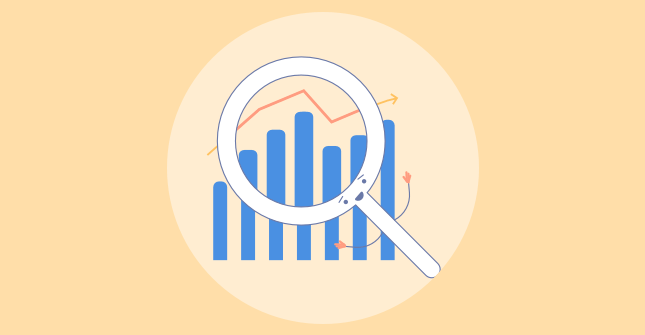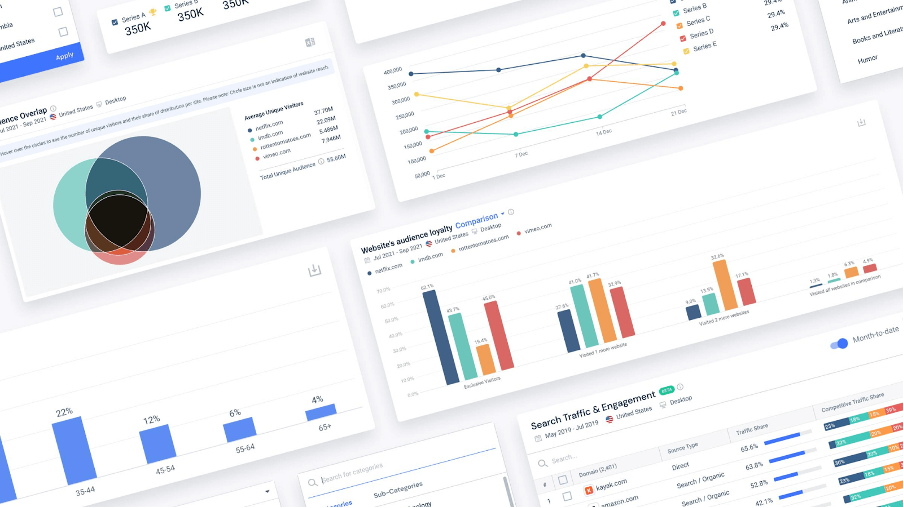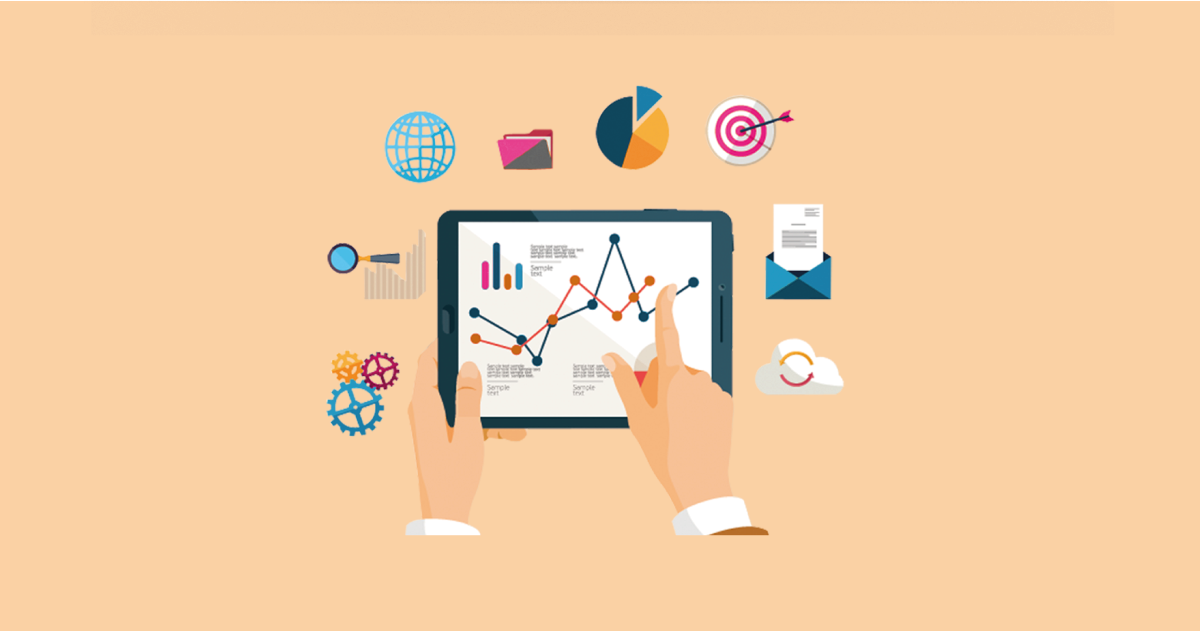In today’s highly competitive business landscape, understanding your target market and customers is crucial for success. Market research analysis provides invaluable insights into consumer behavior, preferences, and market trends. With the help of advanced tools and technologies, businesses can gather, analyze, and interpret data more efficiently than ever before. In this article, we will explore the world of market research analysis tools, their types, benefits, and how they can empower organizations to make informed decisions.
Importance of Market Research Analysis Tools

Market research analysis plays a pivotal role in shaping business strategies and decision-making processes. By understanding consumer needs and preferences, businesses can develop products and services that cater to their target audience. Market research analysis helps identify emerging trends, potential market gaps, and untapped opportunities, enabling companies to stay ahead of the competition. It also provides valuable feedback on existing products or services, aiding in product improvement and innovation.
Types of Market Research Analysis Tools
To effectively analyze market research data, businesses utilize a range of tools and technologies. Here are some key types of market research analysis tools commonly used:
1. Survey Tools
- Survey tools enable businesses to collect structured data from a specific target audience. These tools provide a platform to create and distribute surveys, collect responses, and analyze the results. Popular survey tools include SurveyMonkey, Google Forms, and Aim Research.
2. Social Media Listening Tools
Social media listening tools help monitor and analyze conversations and trends across various social media platforms. These tools provide valuable insights into customer sentiment, brand perception, and emerging topics. Examples of social media listening tools include Hootsuite, AIM Insights, and Sprout Social.
3. Data Analytics Tools
- Data analytics tools allow businesses to process and analyze large volumes of data to uncover patterns, trends, and correlations. These tools provide statistical analysis, visualization, and predictive modeling capabilities. Well-known data analytics tools include Google Analytics, Tableau, and IBM Watson Analytics.
4. Competitive Intelligence Tools
- Competitive intelligence tools enable businesses to gather information about their competitors, such as their market share, pricing strategies, and marketing campaigns. These tools help companies benchmark their performance and identify areas for improvement. Examples of competitive intelligence tools include SEMrush, SimilarWeb, and Ahrefs.
5. Focus Group Tools
- Focus group tools facilitate qualitative research by organizing and conducting focus group discussions. These tools allow businesses to gather in-depth insights, opinions, and perceptions of a specific target audience. Popular focus group tools include FocusVision, Qualtrics, and GroupQuality.
6. Online Communities
- Online communities provide a platform for businesses to engage with their target audience and gather valuable feedback and insights. These communities foster a sense of belonging and enable ongoing discussions and collaboration. Examples of online community platforms include Reddit, Quora, and LinkedIn Groups.
Choosing the Right Market Research Analysis Tools
Selecting the appropriate marketing research analysis tools depends on the specific research objectives, target audience, and available resources. It is essential to consider factors such as data reliability, user-friendliness, scalability, and integration capabilities with other systems. A thorough assessment of the features, functionality, and pricing of different tools can help businesses make an informed decision.
Benefits of Using Marketing Research Analysis Tools
Utilizing market research analysis tools offers several advantages for businesses:
- Enhanced Decision-making: Market research analysis tools provide accurate and reliable data, enabling informed decision-making and reducing uncertainty.
- Cost and Time Efficiency: These tools streamline the research process, saving time and resources compared to traditional research methods.
- Deeper Customer Understanding: By analyzing consumer behavior and preferences, businesses gain insights that can lead to more personalized marketing strategies and improved customer satisfaction.
- Competitive Advantage: Market research analysis tools help identify market trends, competitive threats, and untapped opportunities, giving businesses a competitive edge.
- Measurable Results: The data collected through marketing research analysis tools allows businesses to measure the impact of their strategies, campaigns, and product launches.
Challenges and Limitations

While market research analysis tools offer numerous benefits, it is essential to acknowledge their challenges and limitations. Some common challenges include:
- Data Accuracy: The quality and accuracy of data depend on the research methodology and the honesty and reliability of respondents.
- Data Overload: With vast amounts of data available, it can be challenging to extract meaningful insights and avoid information overload.
- Technological Expertise: Using advanced marketing research analysis tools may require specialized knowledge or training.
- Ethical Considerations: Market research should always adhere to ethical guidelines to protect the privacy and rights of participants.
Understanding these challenges and working proactively to address them ensures the effective utilization of marketing research analysis tools.
Case Studies
Real-world examples can shed light on how market research tools can help businesses achieve exceptional success. Below are some inspiring case studies where companies broke records by leveraging the power of market research.
- Spotify’s Data-Driven Personalization Spotify utilized its in-depth data analytics to personalize its music recommendations and playlists, helping it achieve over 200 million active users globally. By understanding user preferences, behavior, and listening trends, Spotify became a market leader in the music streaming industry, solidifying its brand presence and fostering greater user loyalty.
- Coca-Cola’s Social Media Insights Coca-Cola’s use of social media listening tools helped it identify emerging trends in consumer sentiment and product feedback. Through careful monitoring of customer conversations across platforms, Coca-Cola was able to quickly adjust its marketing strategies, resulting in a 15% increase in sales during a critical quarter. Their ability to adapt to customer needs in real-time is a prime example of using market research tools for impactful decisions.
- Nike’s Competitive Intelligence Edge Nike used competitive intelligence tools like SEMrush and Ahrefs to analyze its competitors’ digital marketing strategies. By understanding their competitors’ strengths and weaknesses, Nike capitalized on new opportunities in the online sportswear market. This intelligence led to a 30% increase in online sales, allowing Nike to outperform competitors in key regions.
Tweets and Quotes from Industry Influencers
These insights from market research experts highlight the significance of using the right tools for data-driven decision-making.
- Nir Eyal, Author of Hooked: How to Build Habit-Forming Products:
“Market research is the foundation of innovation. Understanding what customers truly desire is the key to designing products that keep them coming back.”
- Travis Wright, CEO at Blockchain Entrepreneur (via Twitter):
“Data doesn’t lie, but interpreting it correctly does. Use the right market research tools, and you’ll be surprised at what your customers are telling you! #DataDriven #MarketResearch”
- Dr. Amy Webb, Founder of Future Today Institute (via Twitter):
“Tech tools like AI and data analytics are game changers for market research, enabling businesses to forecast trends before they even materialize. #Tech #Innovation #FutureTrends”
- Jay Baer, Author and Speaker on Customer Experience:
“The best marketing doesn’t feel like marketing. It’s the result of listening, understanding, and using data to serve your customers’ true needs. #CustomerFirst”
Conclusion
Market research analysis tools are indispensable for businesses seeking to understand their customers, competitors, and market dynamics. By harnessing the power of these tools, organizations can make data-driven decisions, create targeted marketing strategies, and stay ahead in a rapidly evolving marketplace. The availability of various types of marketing research analysis tools allows businesses to tailor their approach based on specific research objectives and resources.
Utilizing marketing research analysis tools offers a competitive advantage, providing valuable insights and enabling businesses to make informed decisions. By understanding customer needs, preferences, and market trends, organizations can adapt their products, services, and marketing strategies to stay relevant and grow.
To unleash the full potential of market research analysis tools for your business, consider requesting a demo from AIM Technologies. Discover how our innovative solutions can transform your market research efforts and empower you with actionable insights. Take the first step toward gaining a competitive edge by requesting a demo today.
FAQs
1. Why is market research analysis important for businesses?
- Market research analysis provides businesses with insights into customer behavior, preferences, and market trends, enabling them to make informed decisions, identify opportunities, and drive growth.
2. How can market research analysis tools benefit companies?
- Marketing research analysis tools offer enhanced decision-making, cost and time efficiency, deeper customer understanding, competitive advantage, and measurable results for businesses.
3. What are some popular market research analysis tools?
- Some popular marketing research analysis tools include SurveyMonkey, Google Analytics, Hootsuite, SEMrush, and Aim Insights. However, the choice of tools depends on specific research objectives and resources.
4. What are the challenges associated with market research analysis tools?
- Challenges include ensuring data accuracy, avoiding information overload, requiring technological expertise, and adhering to ethical considerations.
5. How can businesses choose the right market research analysis tools?
- Businesses should assess factors such as data reliability, user-friendliness, scalability, and integration capabilities when selecting marketing research analysis tools. Thorough research and comparing different options can help make an informed decision.




